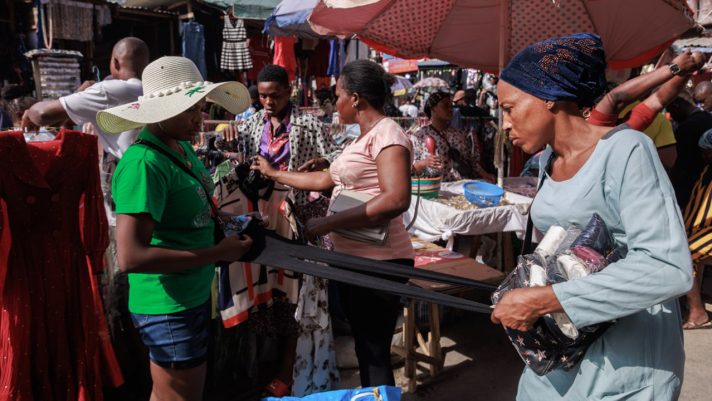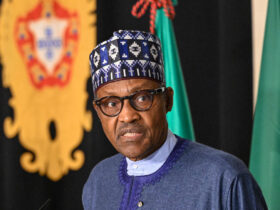The National Bureau of Statistics (NBS) data has said that Nigeria’s inflation rate increased to 33.2% for March 2024 marking a 1.5% jump from February’s 31.7%.

The NBS said this in its Consumer Price Index (CPI) and Inflation Report for February, which was released in Abuja on Friday.
According to the report, the figure is 1.80 per cent points higher compared to the 29.90 per cent recorded in January 2024.
The report stated that the increase in the headline index for February 2024 on a year-on-year basis and month-on-month basis was attributed to the increase in some items in the basket of goods and services at the divisional level.
It said these increases were observed in food and non-alcoholic beverages, housing, water, electricity, gas, fuel, clothing and footwear, and transport.
READ MORE: Woman Loses Pregnancy as Robbery Suspect Attacks with Wheel Spanner
Others were furnishings, household equipment and maintenance, education, health, miscellaneous goods and services, restaurants and hotels, alcoholic beverages, tobacco and kola, recreation and culture, and communication.
It said on a year-on-year basis, the headline inflation rate in February 2024 was 9.79 per cent, higher than the rate recorded in February 2023 at 21.91 per cent.
In addition, the report said on a month-on-month basis, the headline inflation rate in February 2024 was 3.12 per cent, which was 0.48 per cent higher than the rate recorded in January 2024 at 2.64 per cent.
“This means that in February 2024, the rate of increase in the average price level is more than the rate of increase in the average price level in January 2024.’’
Report further revealed that urban areas bore the brunt, with inflation hitting 35.18% year-on-year in March, a stark ascent from 23.07% in the same period last year. Rural regions weren’t spared either, witnessing a rise to 31.45%, up from 21.09% in March 2023.
Core inflation, excluding volatile agricultural products and energy, settled at 25.90% in March 2024, up from 19.63% a year earlier. The surge signals a broader-based inflationary pressure, amplifying concerns over economic stability.
According to a financial analyst, “This inflation surge underscores the need for proactive measures to mitigate its adverse impacts. Policymakers must tread cautiously, balancing the need for growth with the imperative of price stability.”
As the nation grapples with this economic challenge, experts stress the importance of targeted interventions to shield vulnerable populations from the brunt of rising prices.
“Addressing inflation requires a multifaceted approach, encompassing monetary policy, fiscal measures, and structural reforms,” an economist added.









Leave a Reply